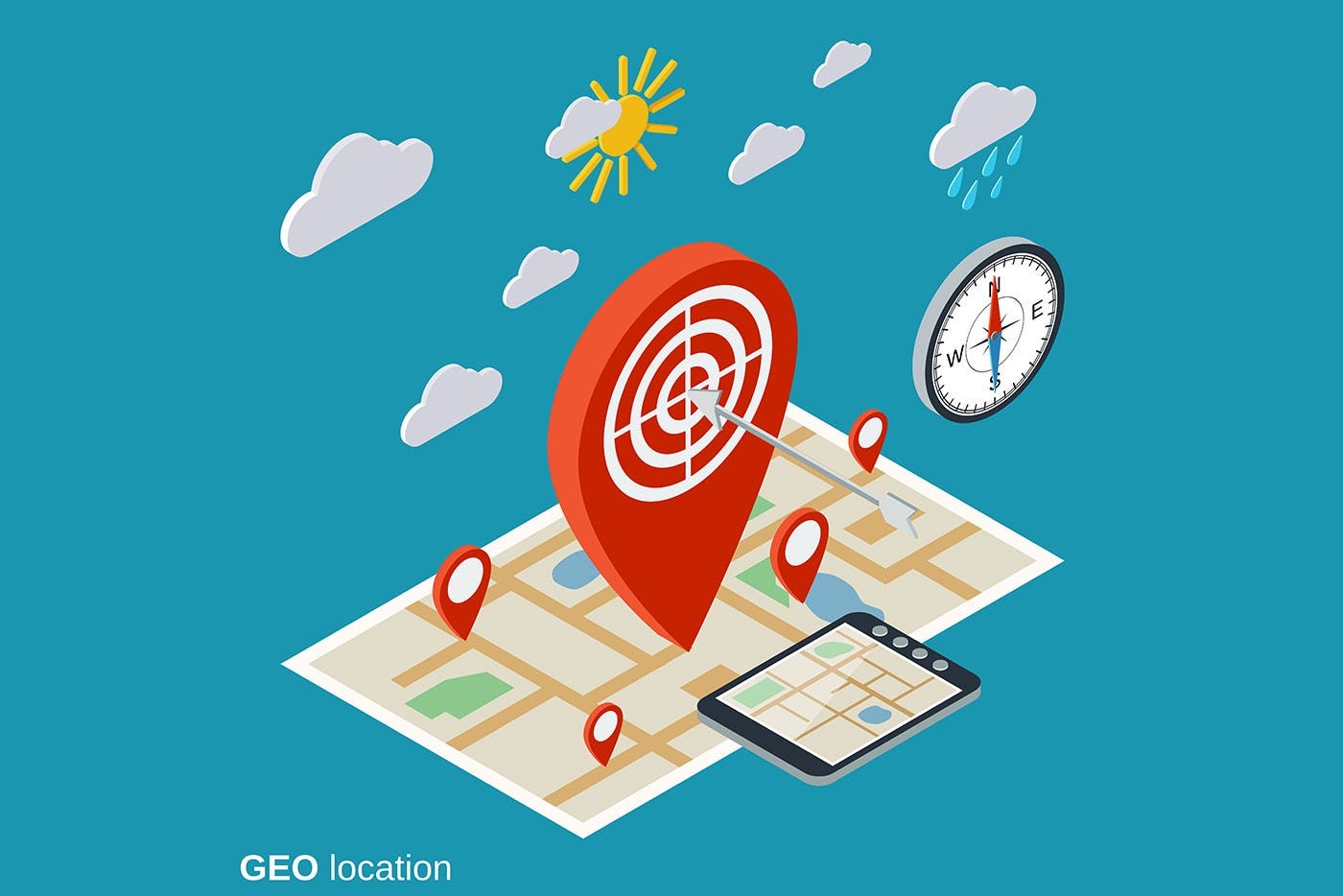A Geolocation Targeting Platform allows businesses to deliver content and ads based on a user’s geographic location. It enhances marketing strategies by focusing on local audiences.
Geolocation targeting leverages GPS, Wi-Fi, and IP addresses to pinpoint user locations. This technology enables businesses to create personalized marketing campaigns. Localized ads increase engagement and conversion rates. Retailers can attract nearby customers with real-time offers. Restaurants can promote daily specials to nearby diners.
Events can target attendees in specific areas. Geolocation targeting ensures that content reaches the right audience at the right time. It is essential for businesses aiming to optimize their marketing efforts. This strategy not only boosts customer interaction but also enhances user experience. Businesses can achieve significant ROI with precise location-based marketing.

Credit: www.kevel.com
Introduction To Geolocation Targeting
Geolocation is a technology that finds the location of a device. It uses GPS, Wi-Fi, and cell towers. This helps in pinpointing where someone is. Businesses can use this data for many purposes. It helps in providing more relevant content to users.
Geolocation targeting helps businesses reach local customers. It improves customer engagement. Businesses can offer localized deals. This increases foot traffic to stores. Advertisements can be more precise. It saves money by reducing wasted ad spend. Customer experience becomes more personalized. This leads to higher satisfaction and loyalty.
How Geolocation Targeting Works
Geolocation uses GPS, Wi-Fi, and cell towers. GPS provides precise location data. Wi-Fi helps in indoor settings. Cell towers give wider area coverage. Each technology has its strengths.
Devices send location data to servers. Servers process this data quickly. Algorithms analyze the information. They determine the user’s exact location. Data is often updated in real-time.
Applications In Marketing
Geolocation helps in sending personalized ads. Shoppers get offers based on their location. This makes the ads more relevant. People feel more connected with the ads. This increases the chances of sales. Businesses can track customer movements. They can send special deals when customers are near. This boosts store visits and engagement.
Local businesses rank better in search results. Geolocation data helps in this. People find nearby services quickly. This increases store traffic. Using location-based keywords is crucial. For example, “pizza near me” or “best coffee shop in [city]”. This improves search visibility. More people visit the business website. This boosts online and offline sales.
Challenges And Considerations
Navigating the complexities of geolocation targeting platforms involves addressing data privacy concerns and ensuring accurate location data. Balancing user experience with precise targeting remains a significant challenge.
Privacy Concerns
Privacy is a big issue for geolocation targeting. Many people worry about their data being tracked. They fear unauthorized access to their information. Companies must ensure data security. It is important to get user consent before collecting data. Transparent policies can help build trust. Users should know how their data is used. Companies must follow legal regulations to protect privacy.
Data Accuracy Issues
Accurate data is crucial for effective geolocation targeting. Inaccurate data can lead to wrong targeting. This affects ad campaigns. Users may see ads not relevant to them. Poor data quality can hurt business reputation. Companies should use reliable data sources. Regular data updates are necessary. Advanced algorithms can help improve accuracy. Ensuring data precision is key for success.
Success Stories
Company A used our geolocation targeting platform. They saw a 50% increase in sales. This happened within three months. Their marketing team was very happy. They targeted local customers more effectively.
Company B tried our platform too. They noticed a 40% boost in customer engagement. This was a big win for them. Their ads reached the right people. They saved a lot of money.
Our platform helps improve Return on Investment (ROI). Businesses see better results. Ads become more relevant to customers. This leads to higher conversions.
Most companies report a 30% increase in ROI. This is within the first quarter. They find the platform easy to use. Their marketing costs go down. Their profits go up.

Credit: fraudblocker.com
Future Of Geolocation Targeting
Geolocation targeting is growing fast. More apps use location data now. This helps in better targeting ads. Location data can help predict user behavior. Stores use this to attract nearby customers. Real-time updates make it even better.
Privacy rules are also changing. Companies must protect user data. This builds trust with users. With better tech, accuracy improves. This means ads are more effective.
Geolocation targeting will go worldwide. Small businesses will use it too. They can reach local customers easily. More countries will adopt smart cities. This means more location data. Ads will become more personalized.
Travel and tourism will benefit a lot. Tourists can get local recommendations. This makes trips more fun. Global brands will use it to reach different markets. This means more efficient marketing strategies.

Credit: medium.com
Frequently Asked Questions
What Are The Three Types Of Geo-targeting?
The three types of geo-targeting are location-based, audience-based, and device-based targeting. Location-based targets specific areas. Audience-based targets users based on their interests and behaviors. Device-based targets specific devices like smartphones or tablets.
What Is A Geo-targeting Website?
A geo-targeting website customizes content based on a visitor’s geographic location. It improves user experience and local SEO.
What Is Geofencing Vs Geo-targeting?
Geofencing creates a virtual boundary around a location, triggering actions when devices enter or leave. Geo-targeting delivers content based on a user’s specific location.
What Is Geo Location Targeting On Facebook?
Geo location targeting on Facebook allows advertisers to target users based on their geographic location. This helps businesses reach specific audiences in particular regions, cities, or countries.
What Is Geolocation Targeting?
Geolocation targeting uses a user’s location to deliver tailored content or ads, enhancing engagement and relevance.
Conclusion
Unlock the potential of your business with a geolocation targeting platform. Enhance customer engagement and drive local sales. Implementing this tool can lead to higher conversion rates. Start leveraging geolocation targeting today for more personalized marketing strategies. Embrace the future of location-based marketing and watch your business grow.
